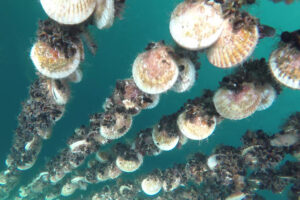
Could AI-powered image recognition be a game changer for Japan’s scallop farming industry?
Researchers in northern Japan are using an AI image-recognition technique to observe scallop populations in lantern nets.
Thierry Chopin, a University of New Brunswick professor and advocate for Integrated Multitrophic Aquaculture, died July 18, his family announced.

Researchers in northern Japan are using an AI image-recognition technique to observe scallop populations in lantern nets.
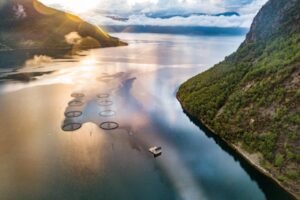
Rabobank predicts improved demand and cost stabilization for aquaculture, despite market uncertainty and ongoing biological challenges.
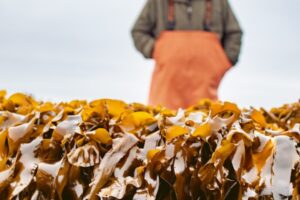
Atlantic Sea Farms harvests a record 1.3 million pounds of farmed seaweed in 2024, experiencing "tremendous expansion."
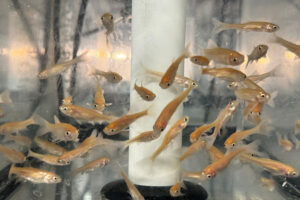
Can eDNA elicit insights into ocean biodiversity off the Ogasawara Islands, with implications for aquaculture monitoring?
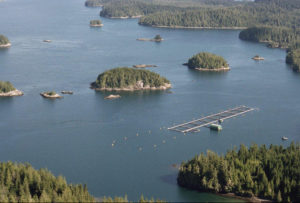
The aquaculture industry reacts to the Canadian government's "short-sighted" decision to close open-net pen BC salmon farms in 2029.
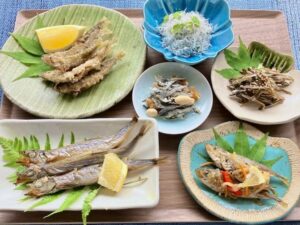
Study finds that regularly eating small fish whole significantly reduces the risk of death from all causes and cancer in Japanese women.

Scottish salmon exports have surged to $819 million in the past year, reaching a five-year high as international demand grows.
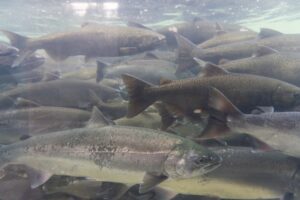
The University of Glasgow has received £3 million in funding for farmed salmon health and seaweed aquaculture research.

A free online training program, eConch, helps Caribbean communities learn to conserve and culture the endangered queen conch.
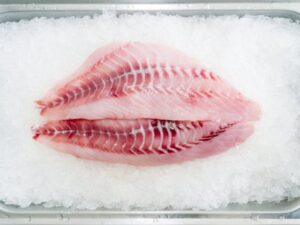
A new study outlines innovative seafood preservation methods that could reduce food waste and costs in the seafood processing industry.
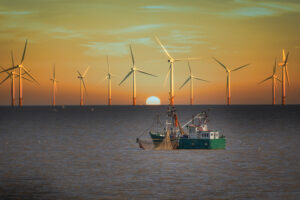
Will the U.S. government succeed in its goal to create space for 1 million acres of offshore wind farm initiatives off the coast of Maine? Many fishermen hope not.
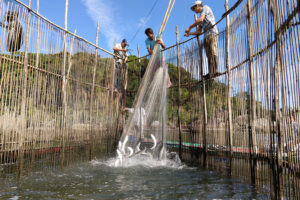
Biennial FAO report, The State of World Fisheries and Aquaculture 2024, says aquaculture production exceeded fisheries for the first time in 2022.
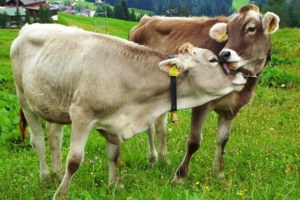
Consumers value animal welfare over sustainability, highlighting the need for labeling strategies to target consumer preferences.
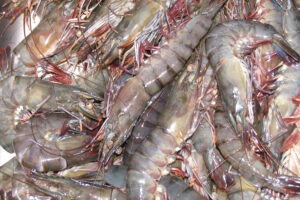
Allergen abundance may be related to shrimp origin, which might directly impact the readout of commercial detection kits that target tropomyosin.
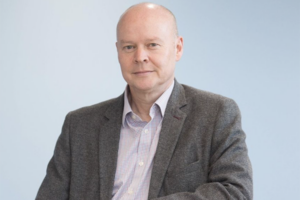
The Sustainable Aquaculture Innovation Centre confirmed the recent passing of Dr. John Rogers, a member of the SAIC academic board.